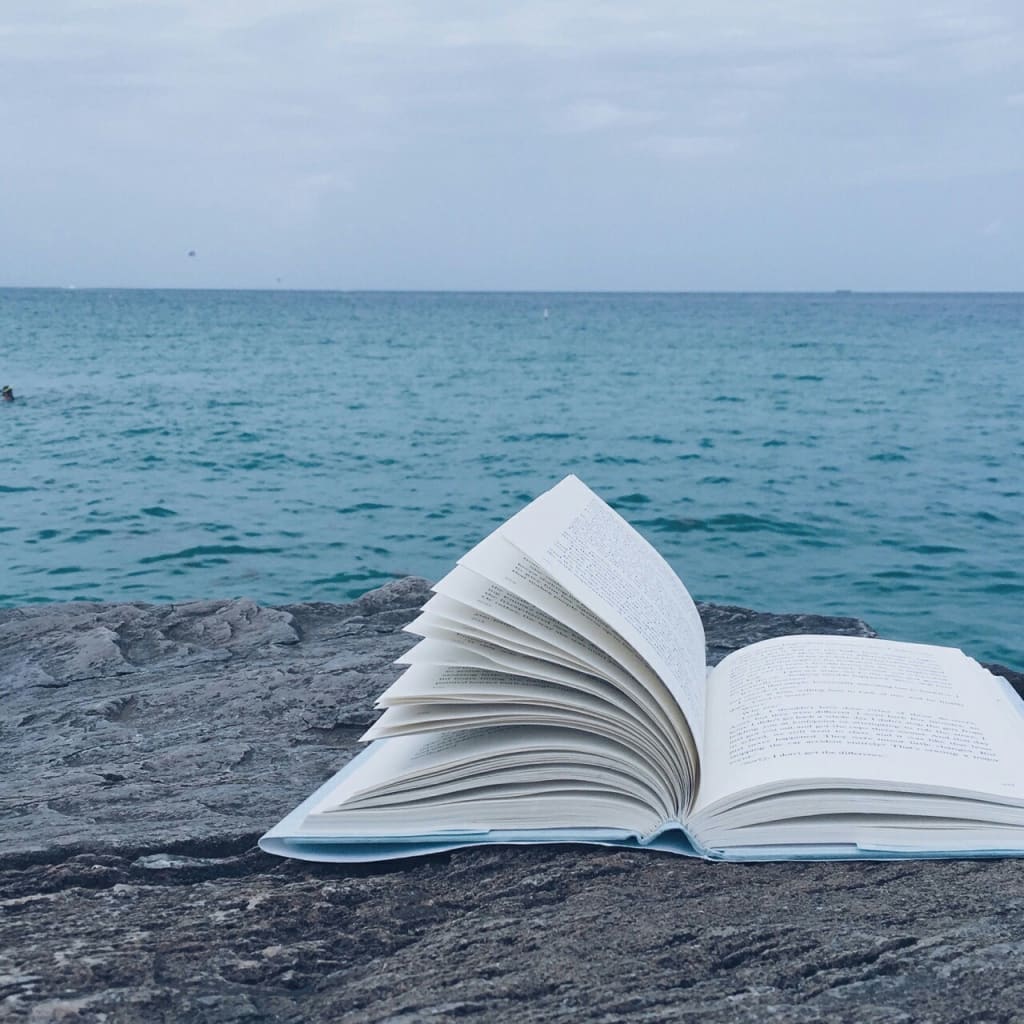
Welcome to part 21 of our journey and can I say another big thank you to everyone who has continued to support these articles especially during this difficult time. Today, I want to talk shortly about literary snobbery and how it harms everyone in the bookworm community. I'm not just talking about what you read, but I'm talking about how you read it. I would say that literary snobbery happens mostly in the middle aged female category and they perpetuate it for a reason I cannot understand.
First and foremost, there is nothing wrong with reading ebooks and kindle books. For people like me who have sight issues and are partially blind, reading ebooks and kindle books can help through adjust the size and thickness of text. It can also help because we can choose the font that we can see the most. So, when you say that kindle books and ebooks are worse than paperbacks and hardbacks, you're being ableist to people with sight issues who cannot possibly read any other way.
There is nothing wrong with audiobooks. People with no sight still like to read and so there is no problem with listening to them too. Personally, I only listen to books I've actually read because I want to hear someone telling me a familiar story. But for people with no sight at all, audiobooks can be a lifesaver. If you're like me and you're partially blind you can actually get audiobooks for free.
There is also nothing wrong with what you're reading. Whether you're reading classic literature, modern literature, YA or comic books - the fact that you're reading makes you a part of our loving community of book lovers. Even if they don't accept you - I do. I accept you for whatever you're reading even if it's a magazine article. Know that there is never anything wrong with what you're reading and whether you read the same sort of thing over and over, or whether you read different things all the time - it's perfectly okay because it's your reading journey and nobody else's.
Now with that cleared up, let's move on to part 21 and these are numbers 401 through to 420...
401-410
401. Black Boy by Richard Wright
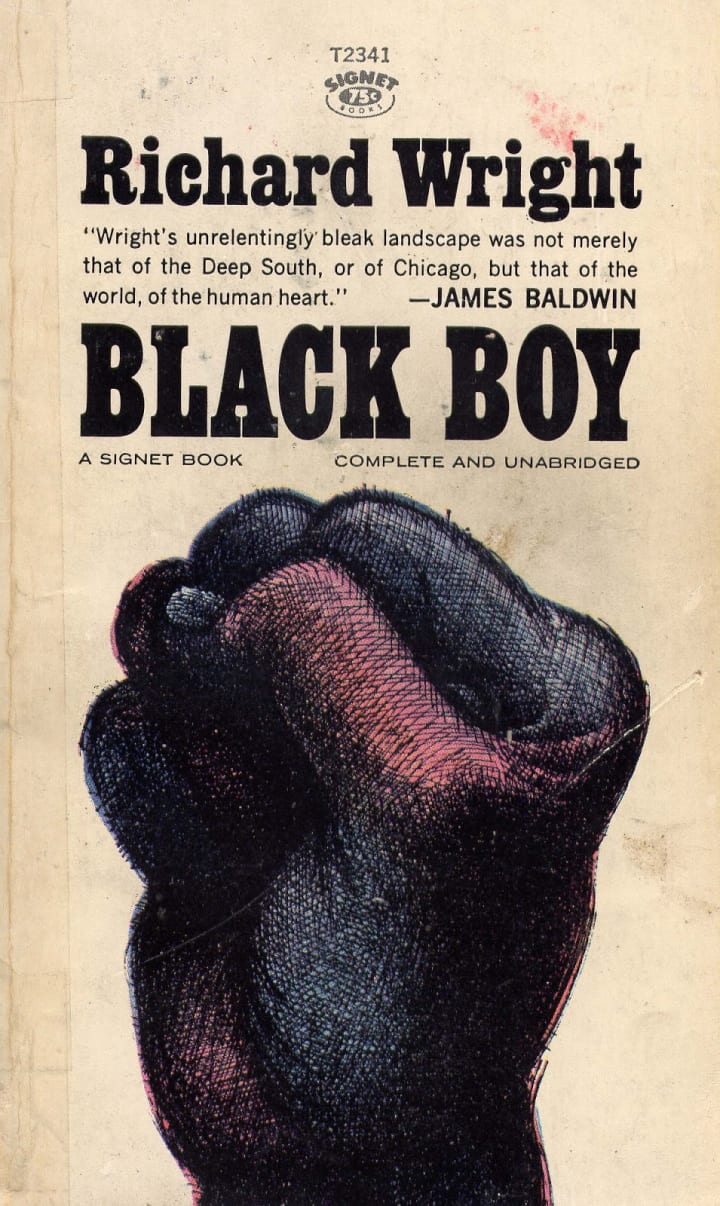
When I read my last Richard Wright book, I was about 16 and I read "Uncle Tom's Children" only shortly after reading his magnum opus "Native Son" (I only read that because of James Baldwin's 'Notes on Native Son'). I had never actually even heard of this book before and I didn't know that it was Richard Wright's autobiography. It was absolutely brutal. In order to get attention when he's an infant, Wright attempts to set his parents' house on fire, kills a cat because his father tells him to, ends up in care, is taken to his aunt's house only to find out his uncle has killed someone. It continues. That is only the first half of the book - so you can only imagine what happens in the second half. It's brutal and it's upsetting but Richard Wright shows us the injustices that pervade in the culture of the 20th century western environment.
402. Wreckers Must Breathe by Hammond Innes
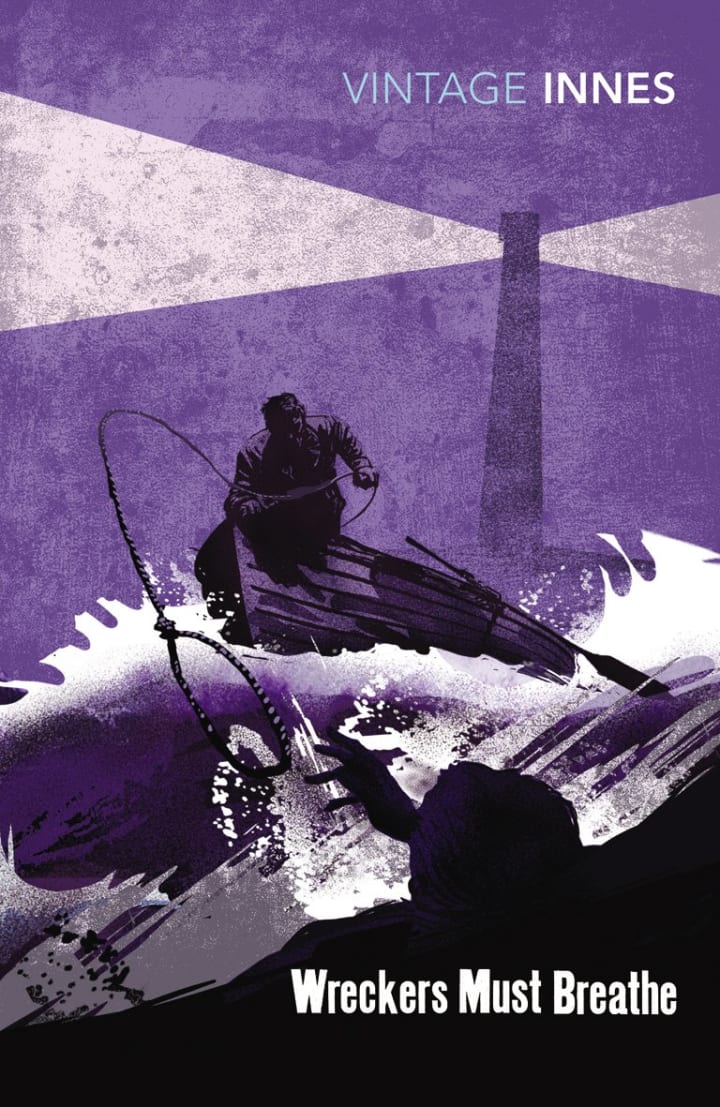
Now, I recently read "The Wreck of the Mary Deare" also by Hammond Innes and I haven't been able to forget it ever since, it has pretty much taken over my mind - it's one of the most beautifully tragic stories I've read this year. Unfortunately, I didn't enjoy this one as much - that's not to say I didn't enjoy it at all, I just had really high expectations. This book has too much war politics in it for me and it doesn't start on this mental high that "Mary Deare" started on - it has too much beginning and backstory that doesn't really suit the writing style of this author that I was so obsessed with in the first place. But, there's a massive secret in this book that I didn't guess at all and that was possibly the best thing about it. The danger of the seas is ripe with tension.
403. Arabian Sands by Wilfred Thesiger
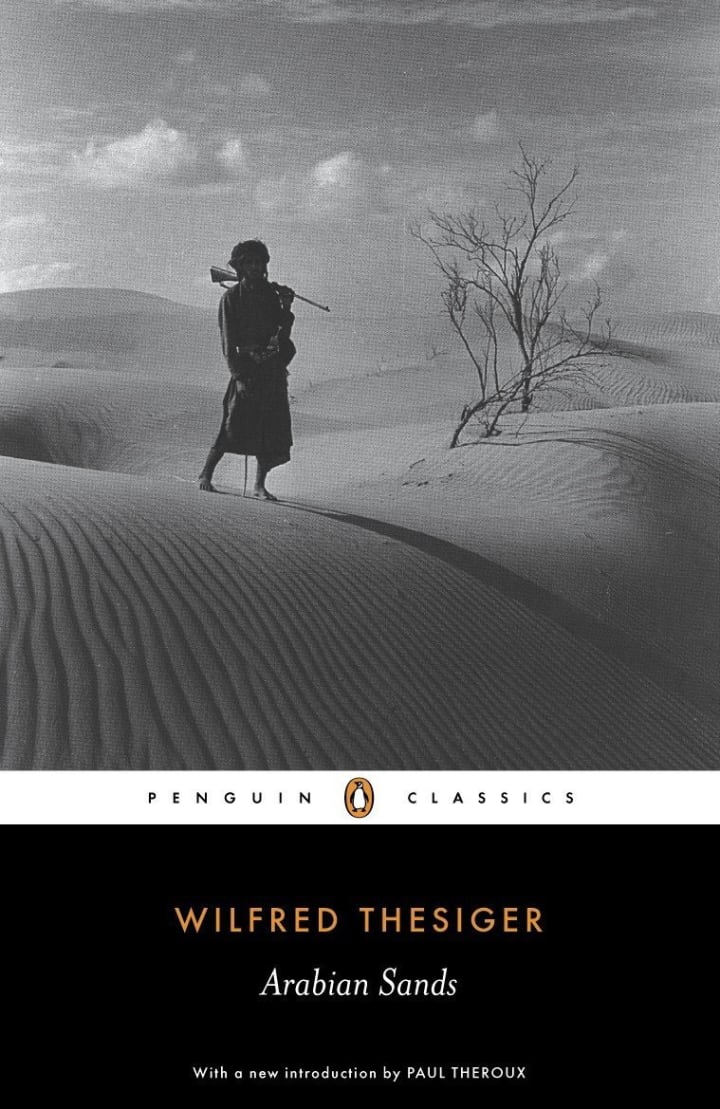
If you like the writings and explorations of T.E Lawrence then get yourself hyped for this. Wilfred Thesiger's "Arabian Sands" is a white man who returns to the place where he was born as his parents were stationed in Arabia. They sent young Wilfred to Oxford but he hated the structured banal western lifestyle and returned to the sandy dunes of the beautiful land of Arabia. Now, this book makes Arabia look like the kind of place you really want to go and have an adventure. It's filled with sand and danger, peace and endless blue skies. When you read this book, you can practically smell the clean, heated air of the eternal desert. It's practically a travelogue and it is one of the best of them I've ever read.
404.The Island by Ana Maria Matute
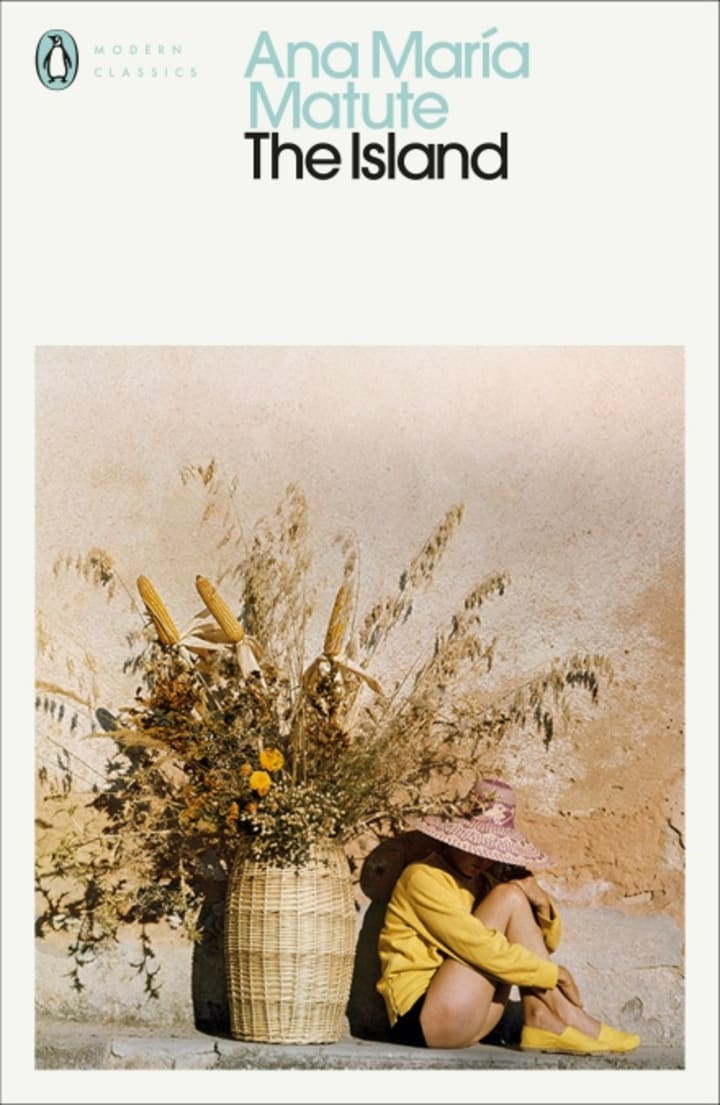
This wasn't as great as the other books I've read about similar situations, but that doesn't mean that it wasn't good altogether. It had its fair share of good parts and bad parts. One of the best parts of the book in terms of characterisation was when we are told she's in a convent school and is booted out for kicking the teacher. I've read many books by many different authors who go through a similar thing. Unfortunately, these are authors who cover emotion at more of a wide range rather than misplaced anger. Jean Rhys and Jamaica Kincaid are some of the authors that I'm thinking about. This book was good, just not my thing.
405. The Murder of the Romanovs by Andrew Cook
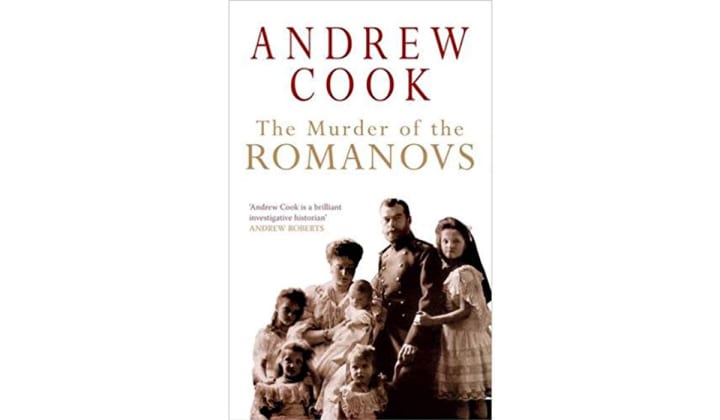
This is a book I found from a TV Show on Amazon Prime called "Mystery Files". One of the episodes was on The Romanovs and Dr. Andrew Cook was speaking on there. His words were so interesting that I came to read his book about the downfall of the Romanovs and how they were eventually murdered. This book was so well written, so well researched that I couldn't put it down. It starts off as how the Romanovs began to decline in favour and then, it goes on to the 'House of Special Purpose' and the murders. It's absolutely brilliant.
406. On Earth We’re Briefly Gorgeous by Ocean Vuong
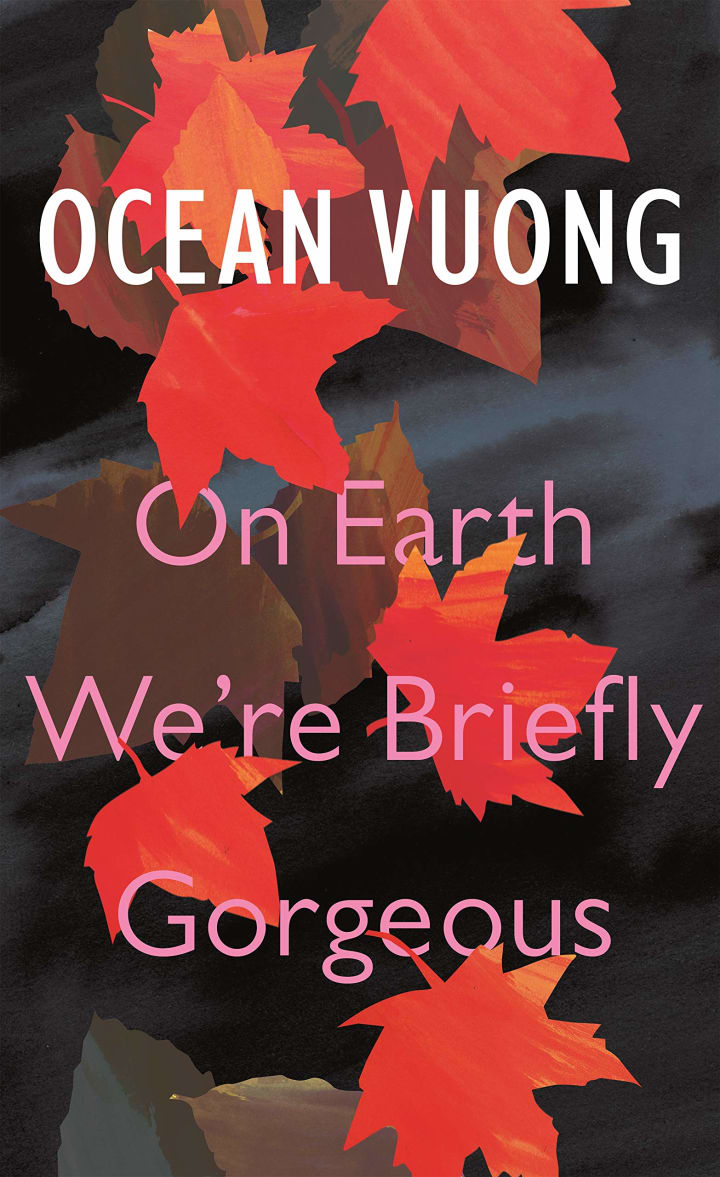
This book wasn't as great as everyone made it out to be. It's about a boy who writes about his mother, his grandmother and his family's background story being of a marginalised group of people. Throughout the family history, we learn strange things about the family and then, when we move on to Part 3, we begin to learn more about the boy himself (Little Dog). But when you think it's about to get better, it gets more upsetting. The story is a great concept, but the writing is constantly sad and depressing, there is nothing else there.
407. The Aosawa Murders by Riku Onda
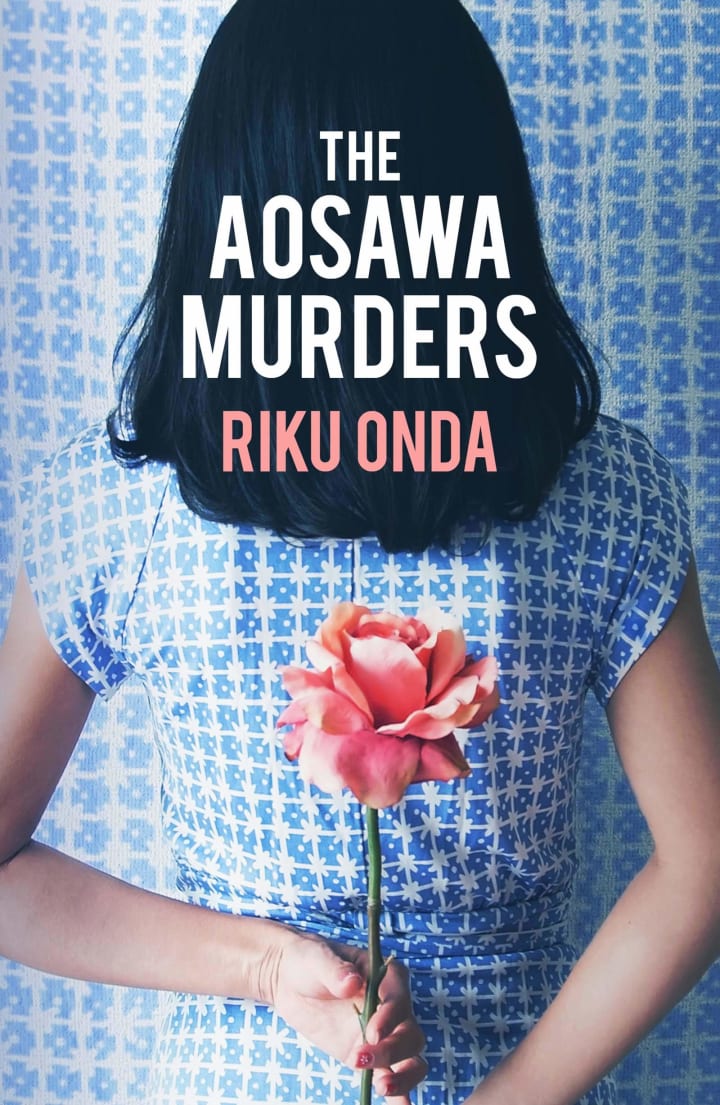
This book was thoroughly average at best but I saw people raving about it online. I wasn't all too impressed by the end, but the beginning is pretty good. The start is basically like a golden age crime novel, it begins with a shocking crime where a group of people die of cyanide poisoning. Then, we have to go through the novel to work out who, when and why - this is where it goes south. I'm not going to lie, the whole thing was pretty predictable and rather badly written. There was no real atmosphere and everything was event after event. I wasn't a big fan of the writing style at all. It needed more.
408. Earthly Powers by Anthony Burgess
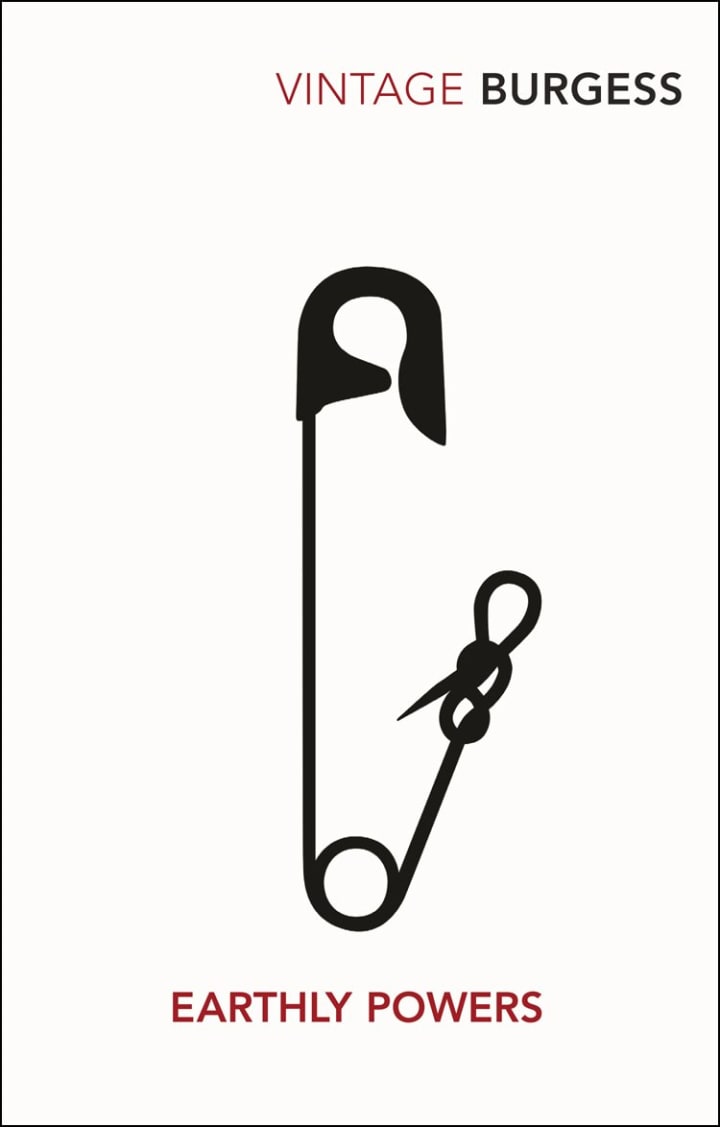
This novel really confused me at first because I wasn't sure that I knew the character (Kenneth) very well because of the shortness of the first chapter. But, as I came to learn - the structure of the novel is quite rigid and it flicks between various lifestyle aspects including the physical events and the mentality of the man writing his autobiography (the main character). He's come out of retirement in order to preside over the canonisation of three men by the Catholic Church. We learn so much about Kenneth throughout the book in comparison to the first few chapters - we learn about his early life, his sexuality and his affiliations, or lack thereof, with religion. It's quite a long and dense novel but I think that Burgess really did it perfectly.
409. To the North by Elizabeth Bowen
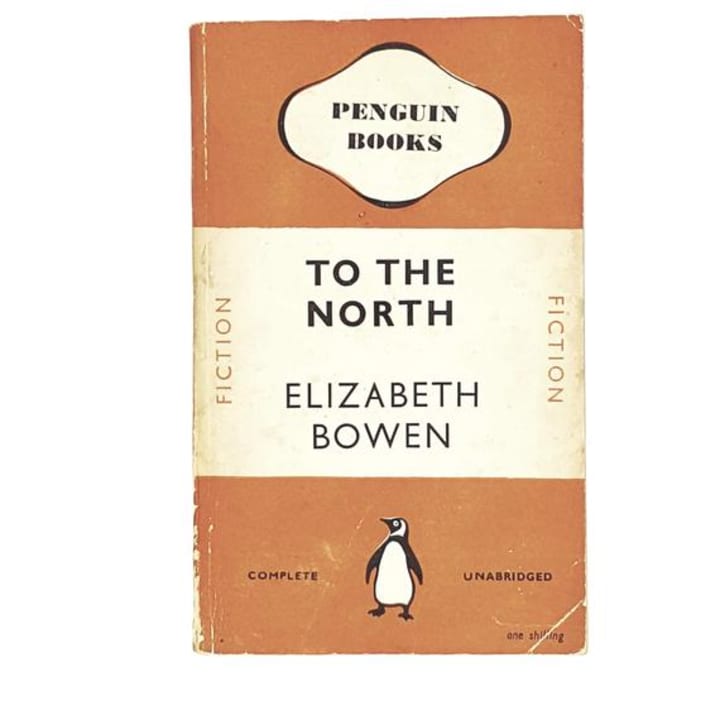
This book is about a widow who has a sister named Emmeline. The sister is quite a personality - she's fairly straightforward about her wants and needs and tends to fall in love quite easily. Whilst the widow becomes re-engaged to a friend named Julian Towers, her sister falls for an aloof rebellious character called Mark Linkwater. Emmeline takes drastic action to make sure that they end up together but seriously, the ending will make you question the entire book because it is just incredible. You will never see it coming.
410. What Happened to the Corbetts? by Nevil Shute
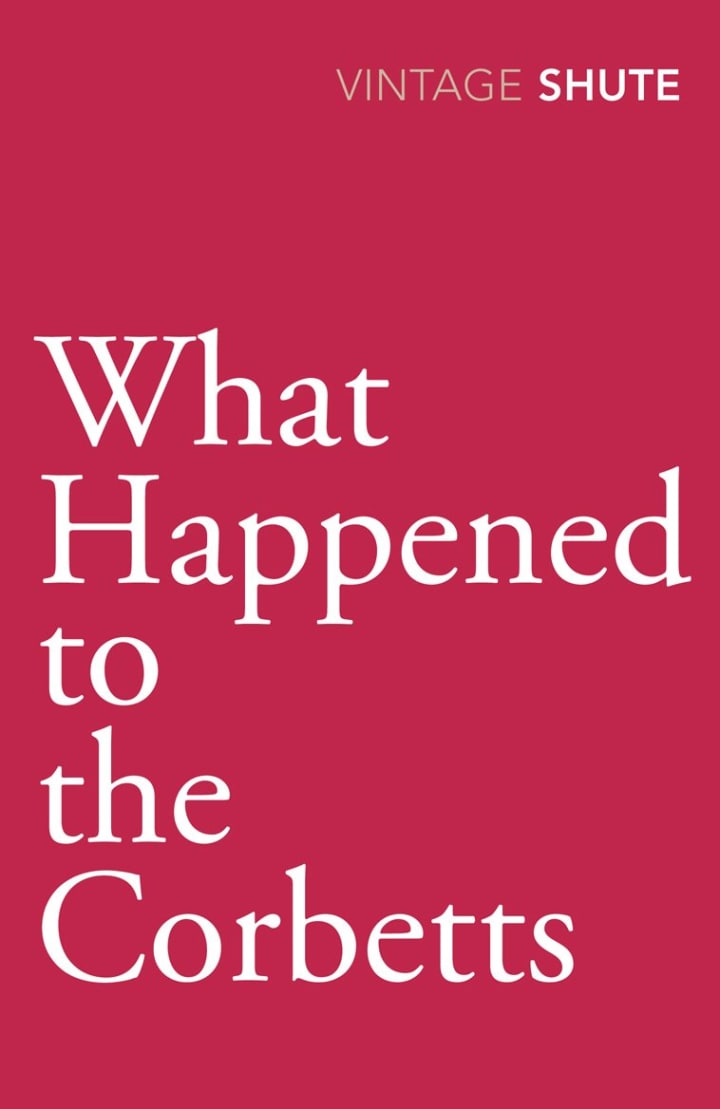
This book really surprised me. Honestly, it's been years and years since I read A Town Like Alice, and therefore quite a while since I've read anything by Nevil Shute. This book, in my opinion, is far better than Alice. This is a book about the Second World War before the war actually even happened. It concerns the Corbett family who hear about a bomb blast halfway down their road. After a while, more of them start going off and the family home is pretty destroyed. The family are pretty much ruined and yet, they try their best to remain together. The ending is absolutely amazing and yet, tragic and sort of saddening. It's a strange ending because you feel it is abrupt and yet, it closes the story quite well.
411. Butcher’s Crossing by John Williams
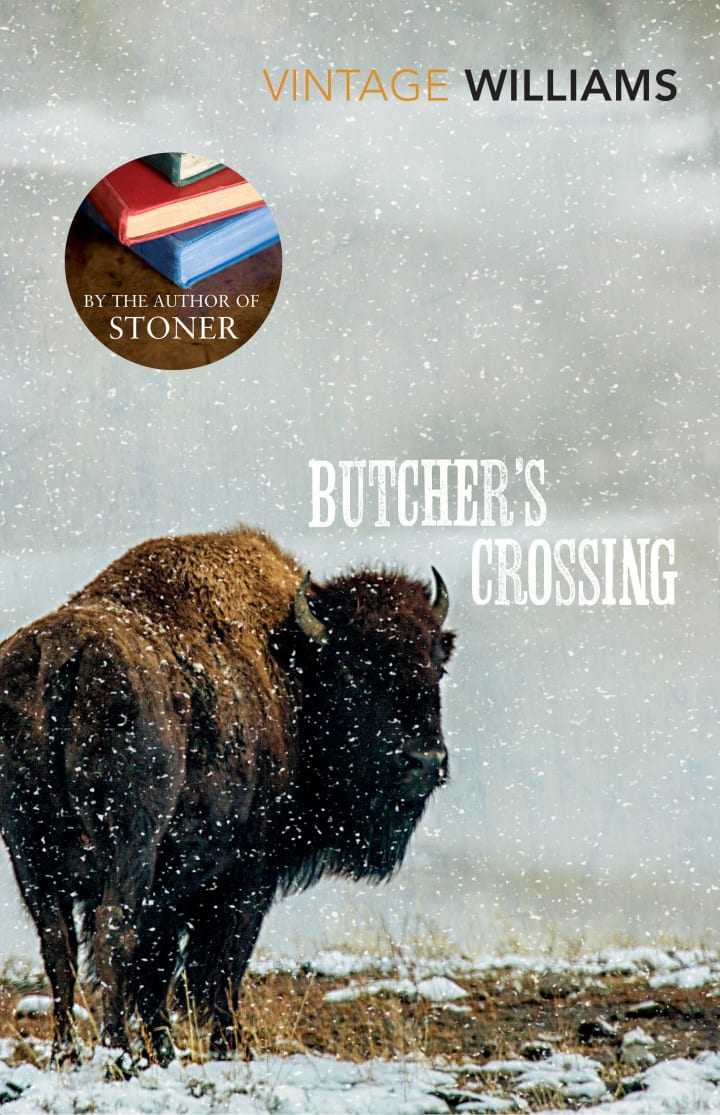
I feel like this was better than Stoner. I read Stoner when I was about 20 years' old and I did like it - but I really think this one is better written. One thing about this book I loved were the really long passages about rural America. It was raw, coarse and had all the atmosphere that you'd expect from grand plains and scorching heat, blitzing cold and miles and miles of seeming nothingness. It's about a boy called Will Andrews who isn't really doing well at Harvard University, he goes to seek out his father's friend - Mr. McDonald who sells buffalo. When he gets the job, he witnesses the realities of working for your next meal alongside a shady man called Miller and the dark, intense Charley. When it comes to a woman called Francine, there seems to be something going on, but then there isn't. When the end of the book comes around, you will really feel it burning your skin - it's a brilliantly written ending. It has all the tragedy of a Faulkner novel.
412. Exemplary Stories by Miguel de Cervantes
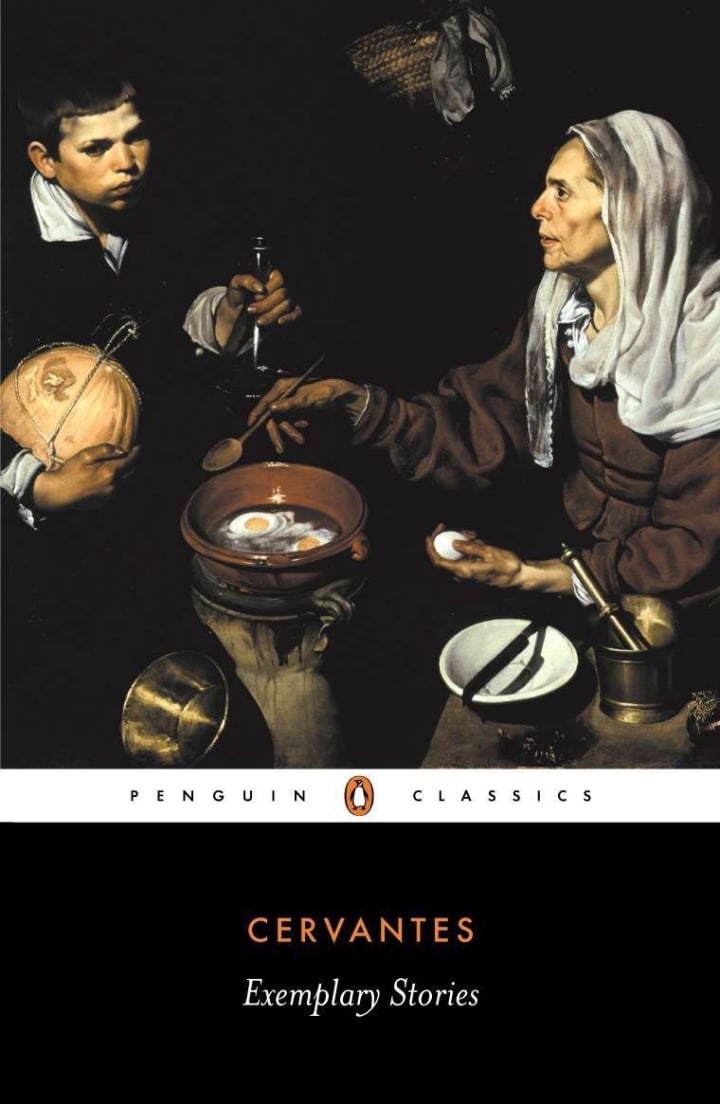
When it comes to writing and literature about travels, vagrancy and dark magic, the name Miguel De Cervantes pops up so many times that it's difficult not to turn to him for a great story of old. This book was quite a surprise because when I was 14, I read "Don Quixote" and that was spectacular. These are short stories and the gypsies, the old tales, the folklorish atmosphere is ripe with tragedy, darkness, grand themes and problematic characters. I can't describe how good it is. It's like Cervantes beat up Chaucer and Wordsworth came to help.
413.The World My Wilderness by Rose Macaulay
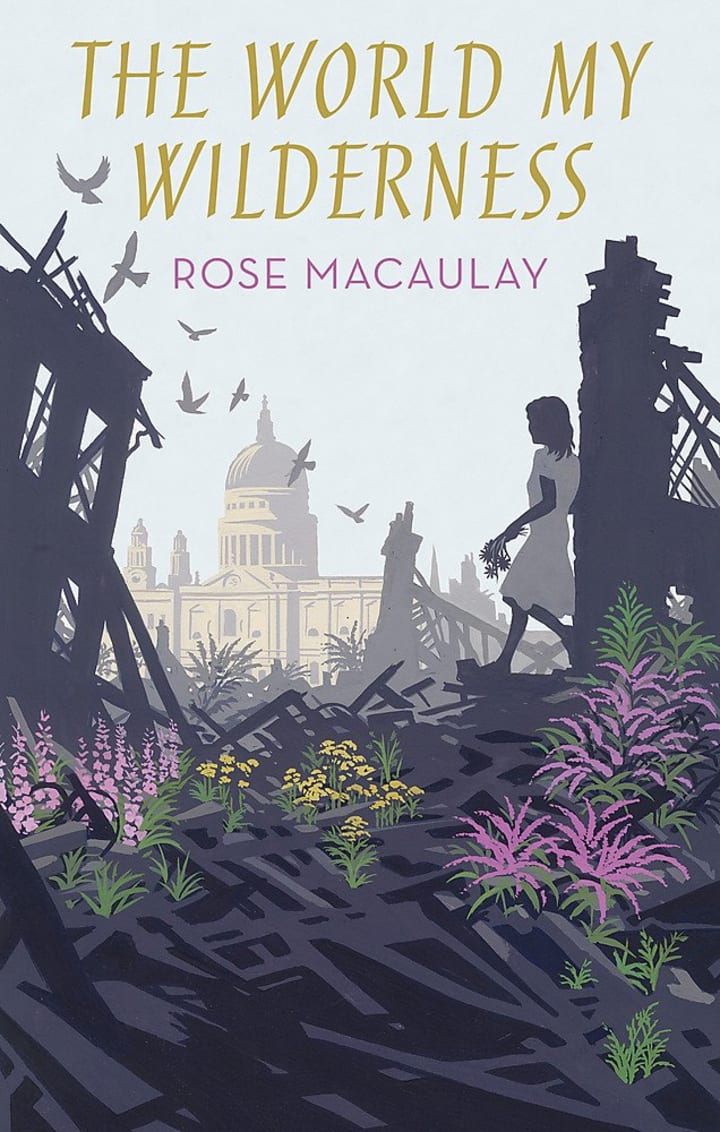
This was a random choice of mine and I actually only bought it because I read a sample that was about nature and the greatness of the French natural world and also because it was fairly cheap in comparison to other books. There were things I liked and things I didn't, giving this book an overall average rating. The first part, I absolutely adored. The introduction of the setting was amazing. The book introduces various settings such as France, Cambridge University and the Scottish Highlands in the most mystical ways. Unfortunately, the same can't be said for the characters. Helen, I found, was a bit shallow and arrogant at times and Barbary was an annoying character which I thought I didn't know too much about. Sometimes, I felt distant from the characters and more connected to the setting. But, judging by the title and the fact the war is the backdrop for the book - I think that's what the author wanted.
414. Letters to Milena by Franz Kafka
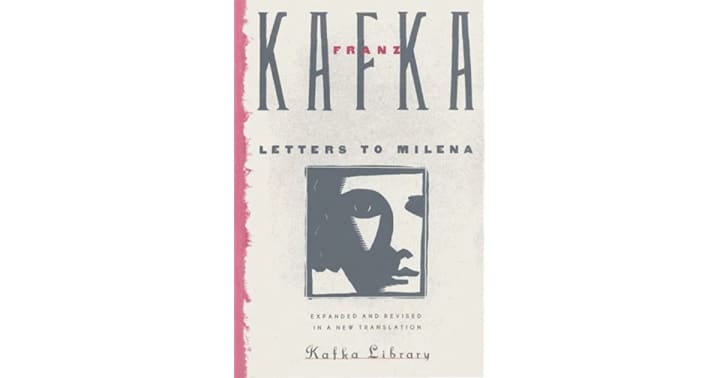
This is a brilliant book because it presents Franz Kafka in a completely new light to what everyone thinks he was. First of all, he seems to have some sort of love for a married woman named Milena who is in Vienna whilst he is in Prague. Secondly, when he writes to her, there are vast descriptions of emotion, sometimes nature and politics. There's descriptions of Kafka's illness and he writes about his concern for Milena as well. It is filled with this authentic human voice - something we never really see of Kafka in his dystopian worlds of "The Trial" and "Metamorphosis". All the letters take place over the year 1920 and there's one part all about Kafka's insomnia that is possibly my favourite, because it is Kafka at his most vulnerable. He really was a human but one with an extraordinary talent.
415. Green Hills of Africa by Ernest Hemingway
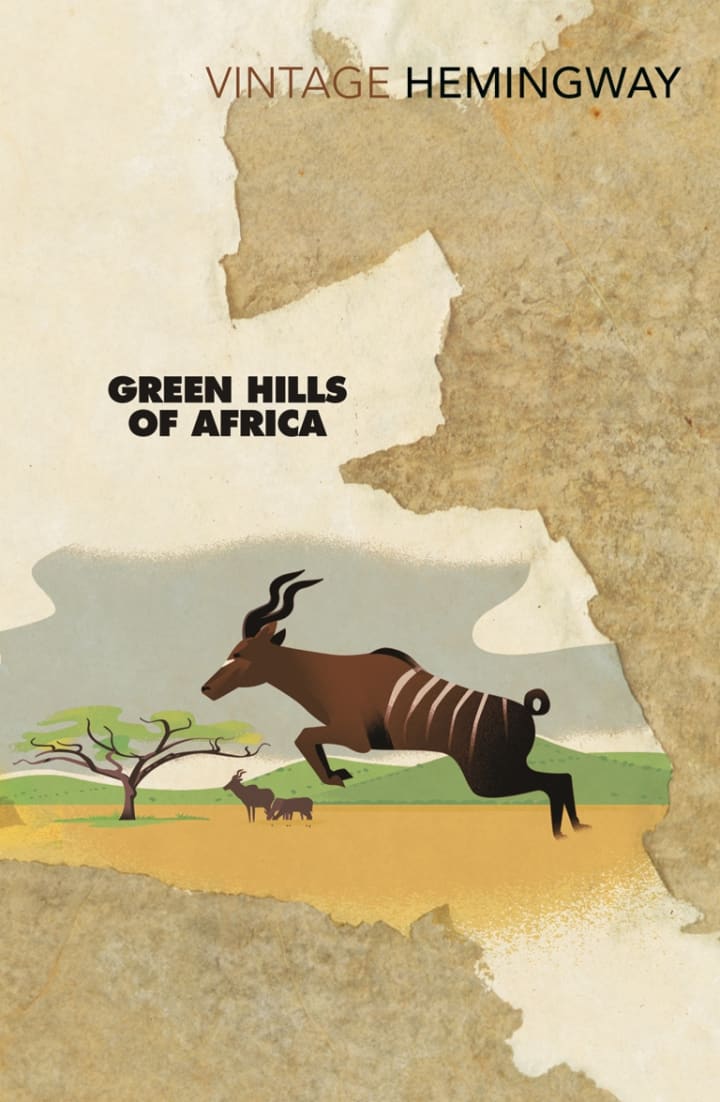
This wasn't my favourite Ernest Hemingway novel because I felt like it was almost too descriptive about certain things and well, it compromised other things. For example, the beautiful African landscape is described in the most amazing ways - there's wildlife and rich hot plains and there's even the skies are described well. But, I feel like this compromises the human aspect of the book. There's not much characterisation and the people who go along this safari with Hemingway are pretty much ignored in terms of description. It is weighed strangely because I feel like this book should be more 50-50 seeing as the characters are too, an integral part of the story.
416. Travels With My Aunt by Graham Greene
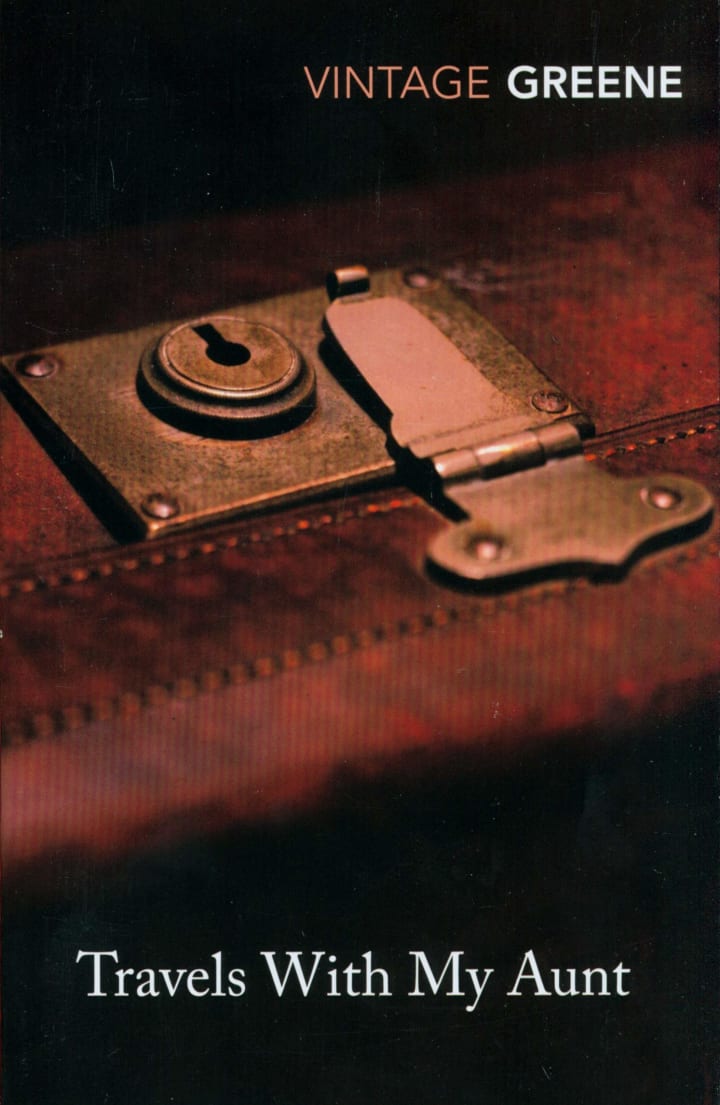
I love this book so much because it's so different to Graham Greene's usual books. I love his usual books too - such as "The Third Man" and "Our Man in Havana". But this one was something else. I found that one of the themes in this book was alcohol and there was much talk about being friends with someone who drinks whisky rather than beer. But another thing about this is that it was an autobiographical novel which I thought was a very strange, but cool, thing to do for Greene. There are various jokes and humorous anecdotes which I thought again, was something different for Graham Greene to do. It just proves how versatile he can be.
417.On Leave by Daniel Anselme
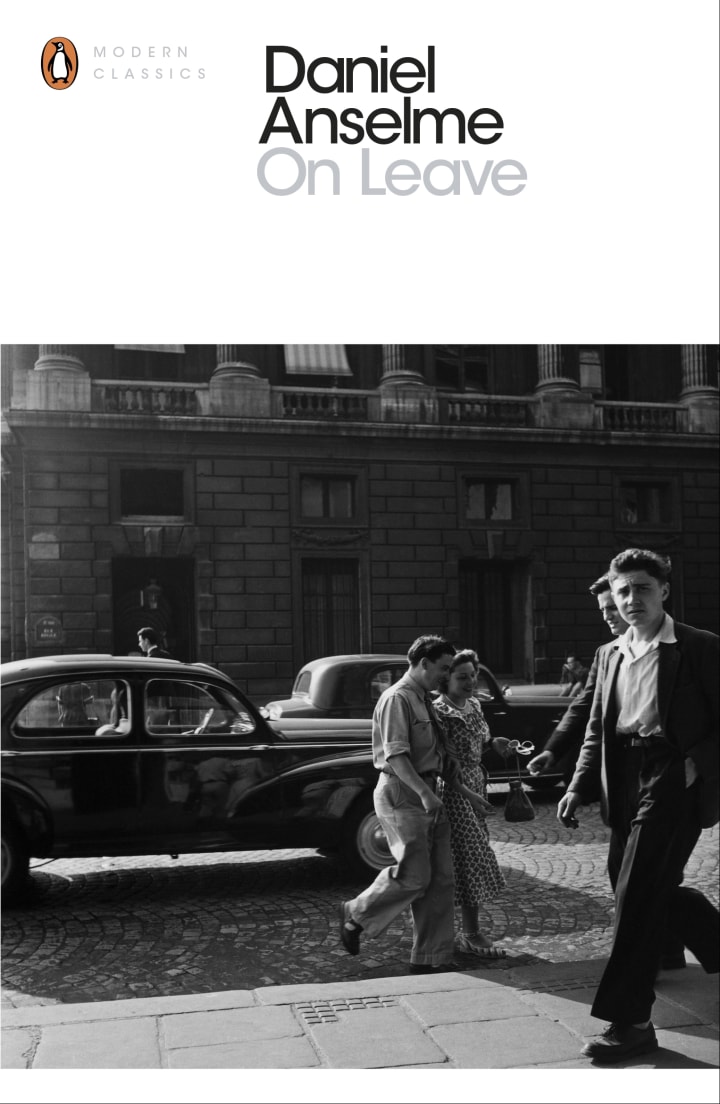
This book is about the troops returning from the war to find that they are in a completely new France than they once were in beforehand. The main character is, at first, optimistic about the return but he returns to find his wife is nowhere to be found, his friends have become alienated from him and people don't respect soldiers as they used to. I believe that this soldier also has some form of PTSD as well since he drinks a ton and bursts into violent emotional flare-ups. The book is written beautifully even though it has a lot of dialogue and is one of those obscure books that you really need to read in order to understand the changing nature of the French people in the 20th century.
418. Fireflies by Shiva Naipaul
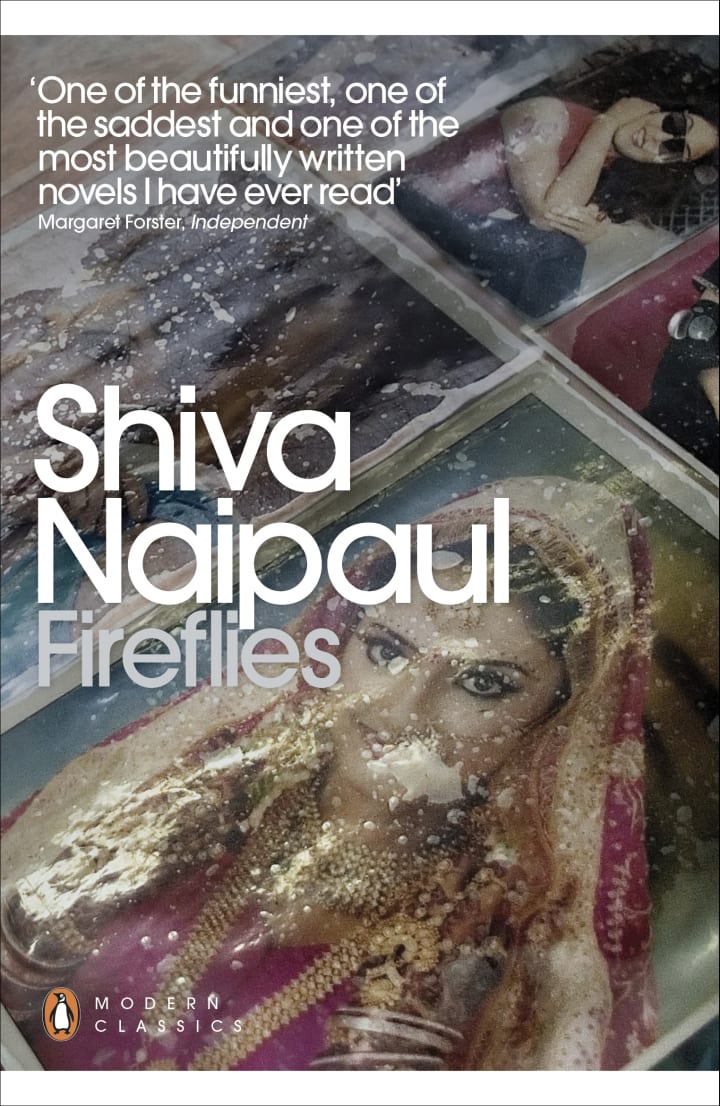
This book was so sad. It starts off with this woman being forced to marry someone she doesn't want to marry - her name is Vimla and people call her 'Baby'. After this, she has kids and her husband is basically a tyrant. The book tells her story in the most tragic ways and throughout the book, she goes through the death of people she knows and cares for, one of her sons goes to jail, one of her sons is getting a marriage she does not approve of but needs to accept. Through all of this, the Hindu tradition and orthodoxy is forever changing and she must change with it. The world is becoming a very different place to what she once knew. The part I enjoyed the most was the funeral scene because it was so long and detailed, you really felt like you were there watching the funeral pyre burn and smelling the smoke as it came off the body and charred the skin, leaving only the bones.
419. Danube by Claudio Magris
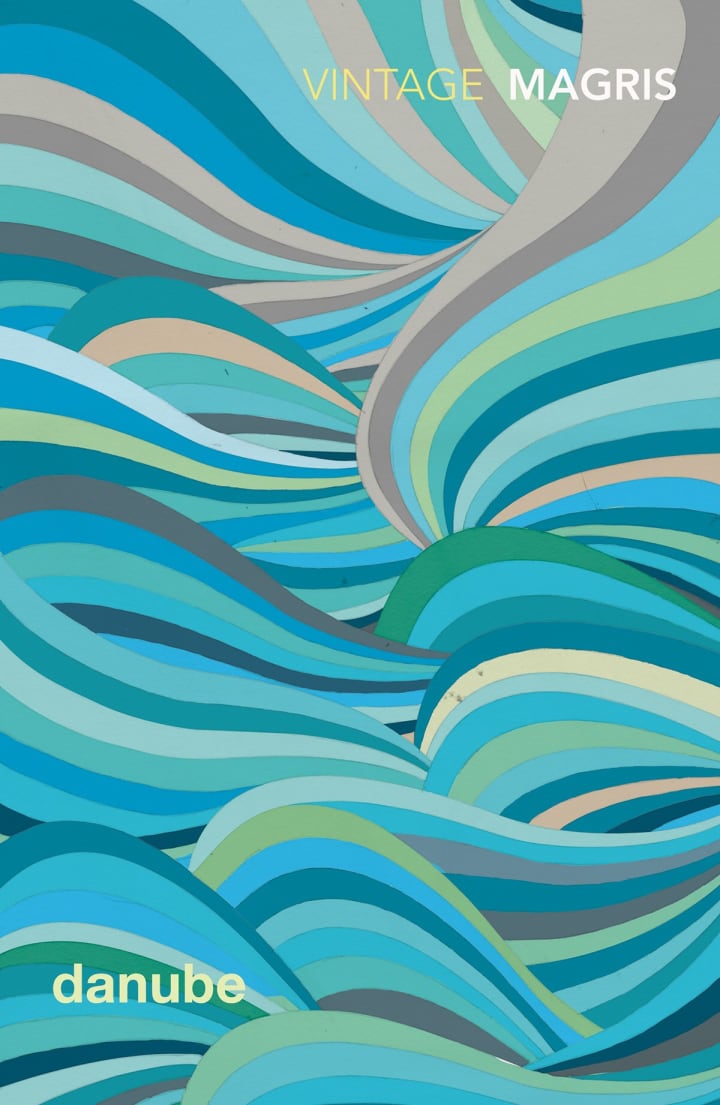
I really enjoyed this book because it has so much description on travel, philosophical quotation, literary criticism and so much more. It's a beautifully written account of a journey down the Danube River and all the way to the sea. There's so many references to literary figures like Victor Hugo and Thomas Mann. The writing is descriptive, airy, beautifully done and thoughtful. You cannot help but sit there and appreciate the various lines and quotations that make you just stop and think. It's such an incredibly soothing book to read, even when there's trouble - there's philosophy and thought behind it. All interwoven into the storyline.
420. Happy Moscow by Andrei Platonov
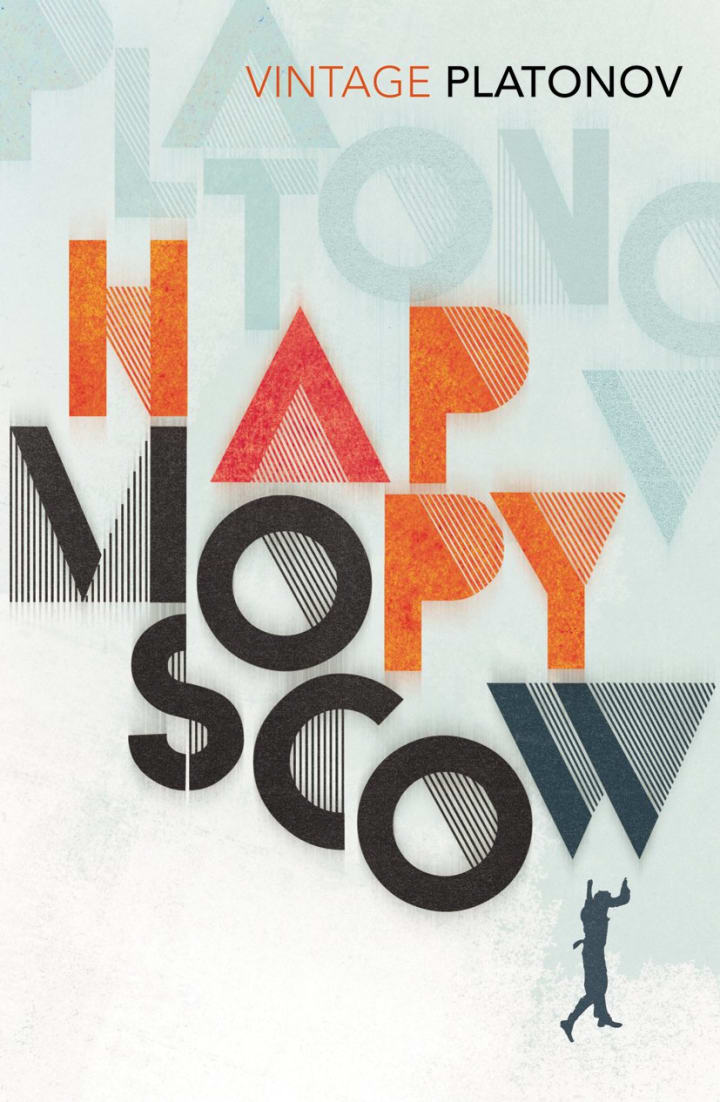
This book lied to me, it wasn't happy at all. Well, it pretended to be happy. There's also a girl called Moscow and it's set in Moscow which makes it slightly confusing from time to time. The reason it wasn't happy is because it exposes the reality behind Stalin's Russia in the 1930s: the low living standards, the horrid workplaces, the people who have their mental and physical health compromised for the 'good of the state'. This is a really well written book but the book did lie to me, I thought it was going to be happy. But, anything about Russia in the 1930s can't really be that happy, can it?
About the Creator
Annie Kapur
200K+ Reads on Vocal.
English Lecturer
🎓Literature & Writing (B.A)
🎓Film & Writing (M.A)
🎓Secondary English Education (PgDipEd) (QTS)
📍Birmingham, UK


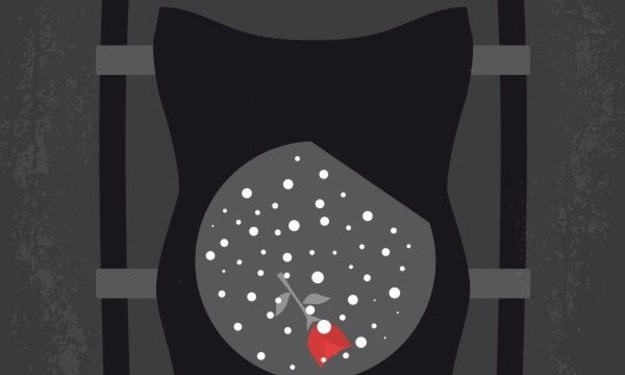


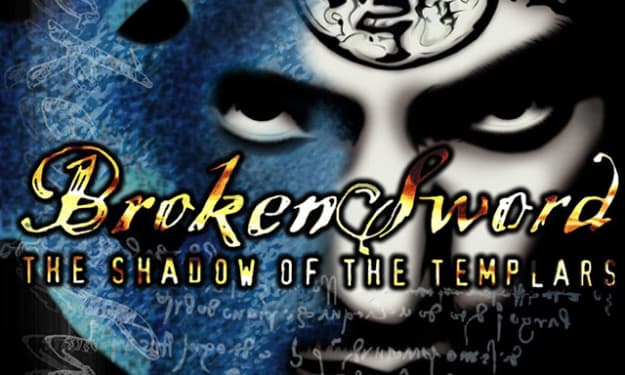
Comments
There are no comments for this story
Be the first to respond and start the conversation.